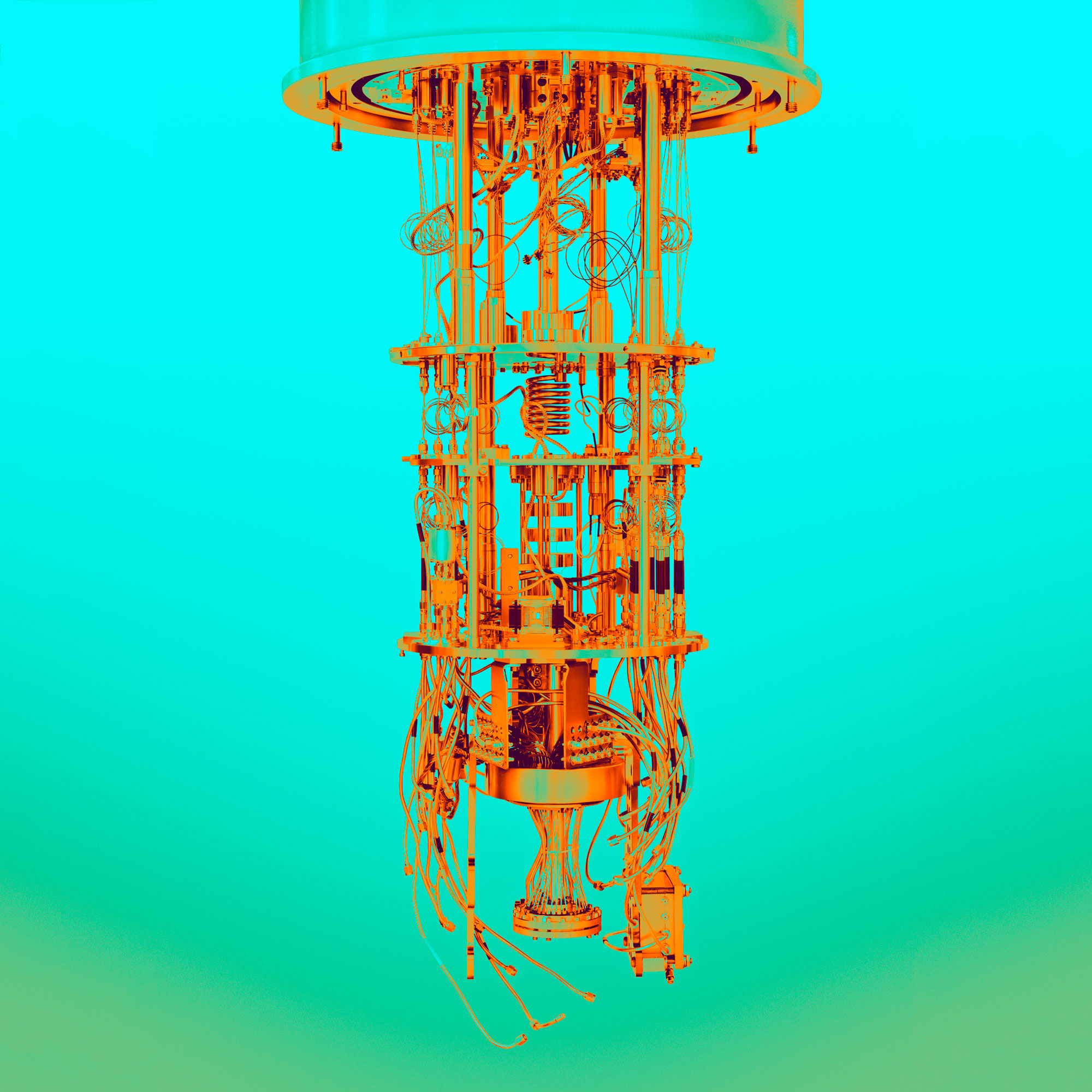Admis Asia: Insights into the Dynamic Asian Market
Exploring the latest trends and developments across Asia.
Quantum Computing: A Playground for the Curious Mind
Dive into the exciting world of quantum computing! Unleash your curiosity and discover how this technology is reshaping the future.
Understanding Quantum Computing: The Basics Explained
Quantum computing is an innovative field of study that combines the principles of quantum mechanics with computer science to process information at unprecedented speeds. Unlike traditional computers, which use bits as the smallest unit of data (representing 0s and 1s), quantum computers utilize qubits. These qubits can exist in multiple states simultaneously, thanks to a phenomenon known as superposition. This allows quantum computers to perform complex calculations much more efficiently than their classical counterparts. For an in-depth overview, you can explore resources like Microsoft Research.
Another critical concept in quantum computing is entanglement. When pairs or groups of qubits become entangled, the state of one qubit instantly influences the state of another, regardless of the distance separating them. This unique property enables quantum computers to solve problems that are currently impossible for classical computers. As we continue to advance our understanding of this technology, many businesses and researchers are eager to leverage these capabilities for applications in cryptography, optimization, and artificial intelligence. Learn more about these possibilities at Nature.

How Quantum Computing is Revolutionizing Technology
Quantum computing is poised to transform the technological landscape by leveraging the principles of quantum mechanics to enhance computational power significantly. Unlike classical computers, which process information in binary (0s and 1s), quantum computers utilize quantum bits (qubits). This allows them to perform complex calculations at unprecedented speeds. Industries ranging from finance to healthcare are already exploring how quantum algorithms can solve problems that are practically impossible for classical systems. By tackling issues such as optimization problems and data analysis, quantum computing promises to change the way we interact with technology.
Moreover, quantum computing is not just a theoretical concept; it is rapidly becoming a practical reality. Companies like Microsoft and Google are investing heavily in quantum research, signaling that the era of quantum technology is near. These innovations have the potential to enhance artificial intelligence by improving machine learning algorithms and expediting data processing. As the foundational technologies mature, we can expect a surge in applications that will impact everything from retail to pharmaceuticals. This wave of innovation driven by quantum computing is not just revolutionizing technology, but is set to redefine our future.
What Are Qubits? The Building Blocks of Quantum Information
Qubits, short for quantum bits, are the fundamental units of quantum information. Unlike classical bits that can exist in one of two states (0 or 1), qubits can exist in a superposition of both states simultaneously. This unique property is what allows quantum computers to process vast amounts of information with incredible efficiency. In a classical computer, a bit is like a light switch that can be either off (0) or on (1). In contrast, a qubit can be visualized as a spinning coin that represents both heads and tails at the same time until it is measured, thereby collapsing to one of the two states.
The power of qubits extends beyond their ability to exist in multiple states. They can also be entangled, meaning the state of one qubit is directly related to the state of another, regardless of the distance separating them. This property facilitates complex calculations and enhances quantum computing capabilities. As researchers continue to explore the potential of qubits, they are driving advancements in fields such as cryptography, optimization, and materials science. For a deeper understanding, you can explore how qubits work and their applications in effective quantum computing.